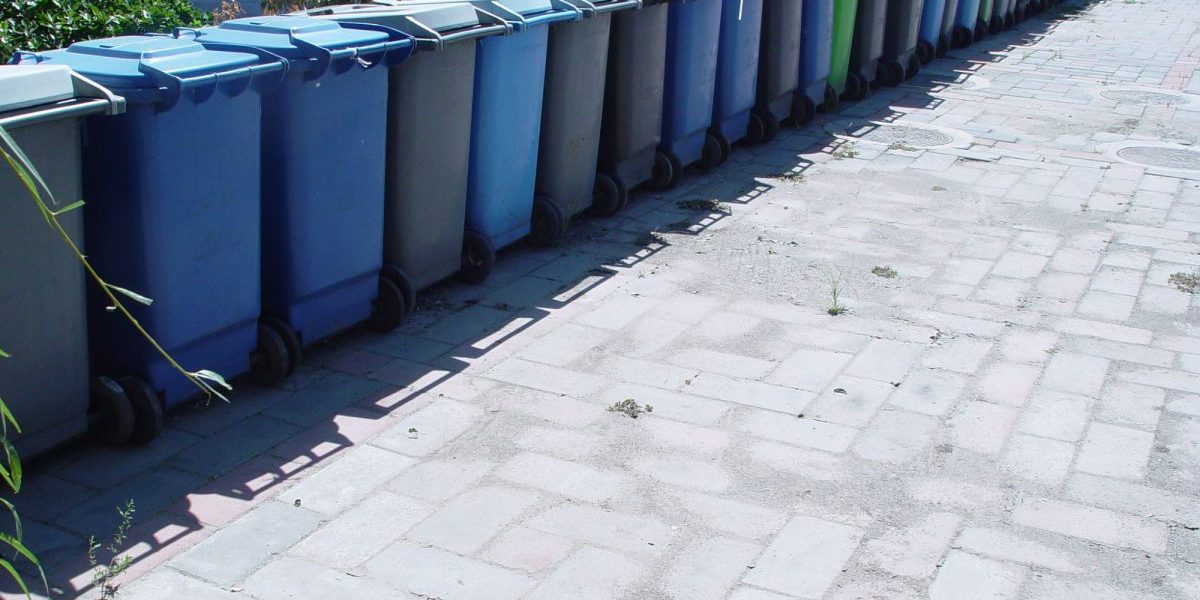Most Chinese plastic investments are concentrated in lower—end recycling and manufacturing activities, which is likely why they appear to have developed stronger local linkages than other plastic firms. Chinese investors in the plastic industry mainly rely on locally recycled waste plastics as raw materials, and therefore have stimulated local supply and growth of plastic recycling activities. By providing suppliers with technological and financial support, transmitting information about opportunities to participate in global value chains, Chinese investors also facilitate knowledge transfer with local suppliers. More recently, the Chinese government has introduced a ban on the import of unprocessed plastic materials, which has increased the uncertainty and risks for plastic recyclers that depend on Chinese manufacturers as their buyers. In response to the Chinese ban, Chinese plastic recyclers in Tanzania have resorted to different adaptation strategies. The effects of these changes are multi-dimensional. On the one hand, environmental policy change in China may stimulate more investments in the plastic recycling and manufacturing industries in Tanzania, which would contribute to fostering greater linkages between the local industry and the global plastic recycling value chain. On the other hand, there are concerns that such an investment, without effective environmental enforcement by host country governments, would generate environmental and health hazards for the local community.








